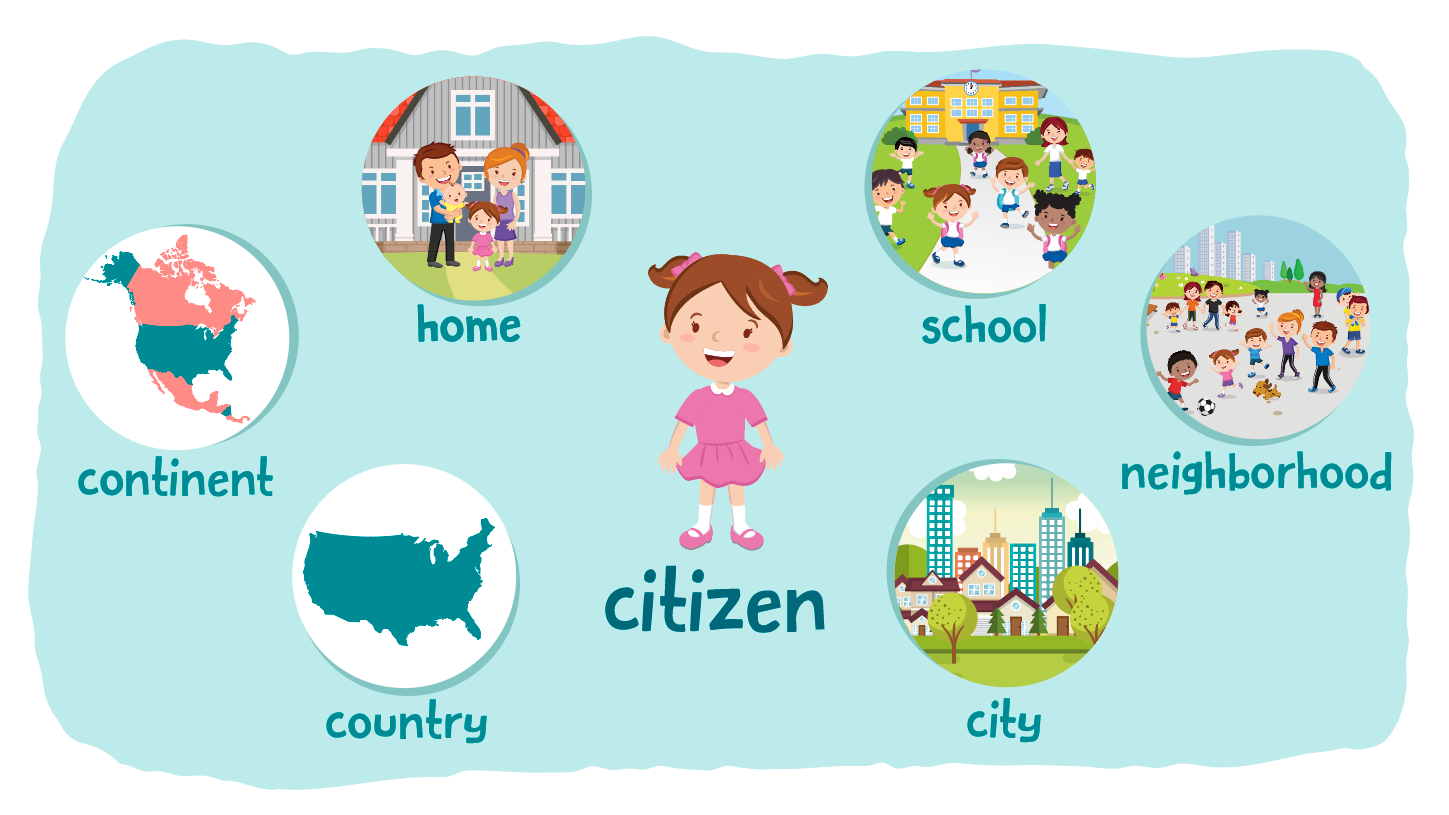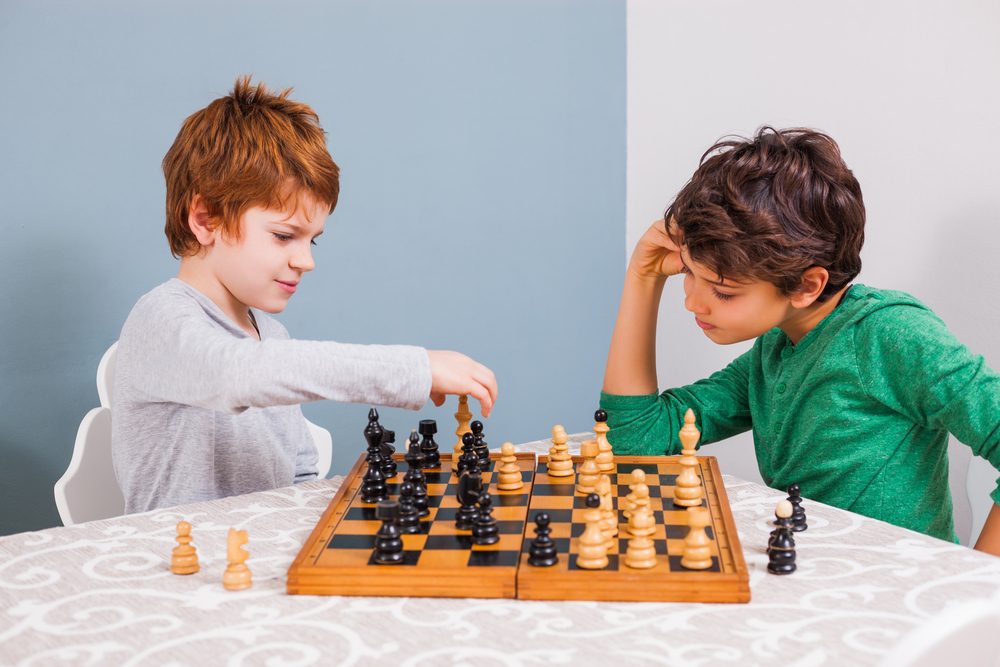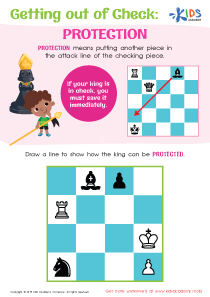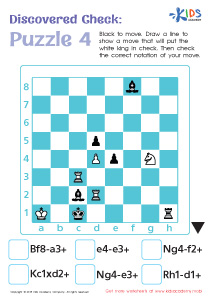Memory enhancement Chess Worksheets for Ages 4-7
3 filtered results
-
From - To
Unlock your child's potential with our Memory Enhancement Chess Worksheets designed specifically for ages 4-7! These engaging and interactive worksheets combine the strategic world of chess with fun activities to boost memory skills. Each worksheet encourages critical thinking and cognitive development through memory games and chess-related challenges. Kids will enjoy learning the game while enhancing their ability to remember positions and moves. These resources are perfect for both classrooms and home learning, fostering a love for chess while sharpening essential mental skills. Explore our collection today and watch your child’s memory and confidence grow through play!
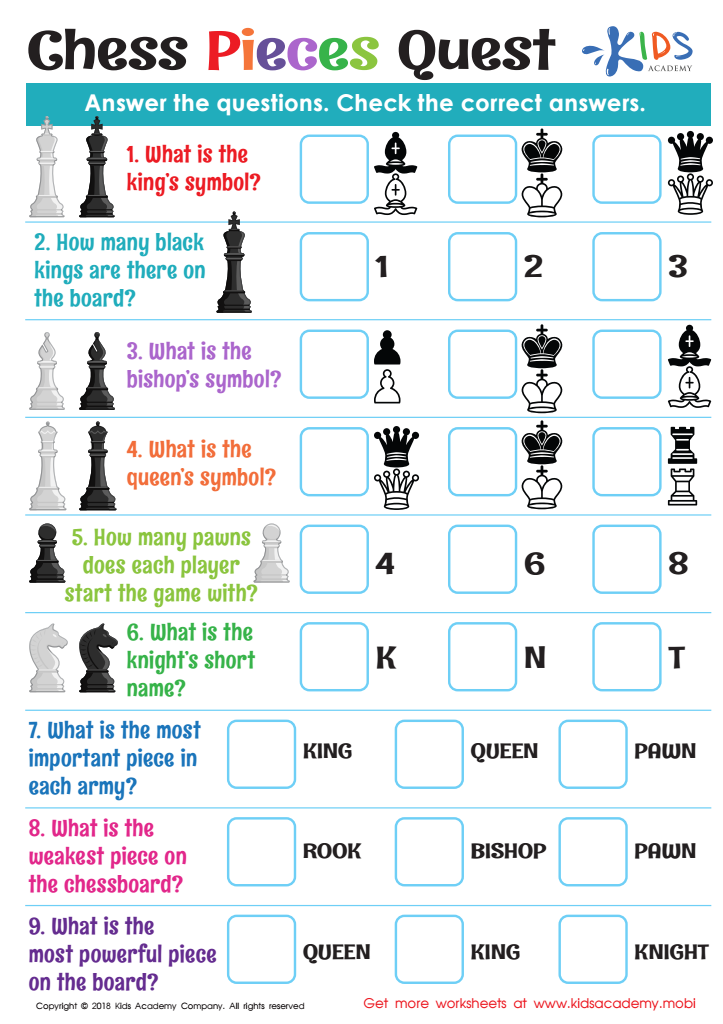

Chess Pieces Quest Worksheet
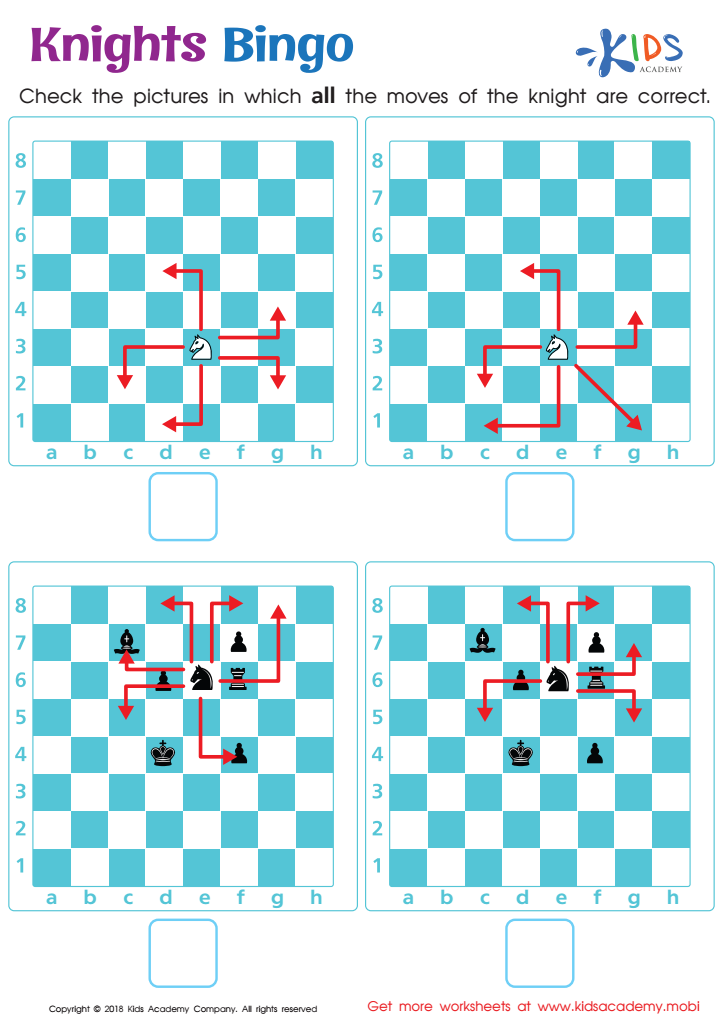

Knights Bingo Worksheet
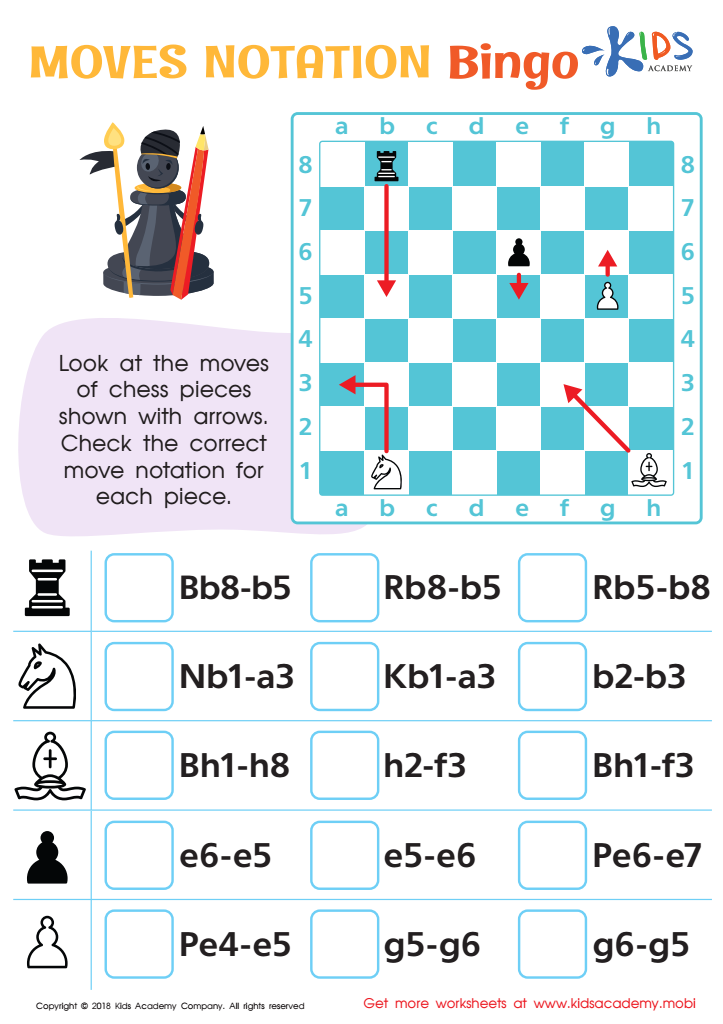

Moves Notation Bingo Worksheet
Memory enhancement through chess is crucial for young children, particularly those aged 4-7. At this formative stage, cognitive development is at its peak, and integrating chess into their learning routine can yield significant benefits. Chess teaches children to focus, strategize, and think critically, thereby strengthening their memory. As they learn to remember pieces, move sequences, and develop strategies, they engage various cognitive functions, enhancing their ability to retain information across subjects.
Additionally, chess fosters patience and perseverance as children learn from mistakes, reinforcing the idea that setbacks are a part of learning. This growth mindset is essential for their future academic endeavors. Engaging in chess also promotes social skills; playing collaboratively with peers enhances interpersonal interactions and communication without the pressures of competitiveness found in other activities.
Moreover, introducing chess early instills a love for learning and problem-solving, making education more enjoyable and interactive. For educators and parents, supporting memory enhancement through chess means investing in their child's overall cognitive and emotional intelligence, laying a strong foundation for lifelong learning. By prioritizing chess, we cultivate not just memory but also critical life skills in evolving young minds.

 Assign to My Students
Assign to My Students







